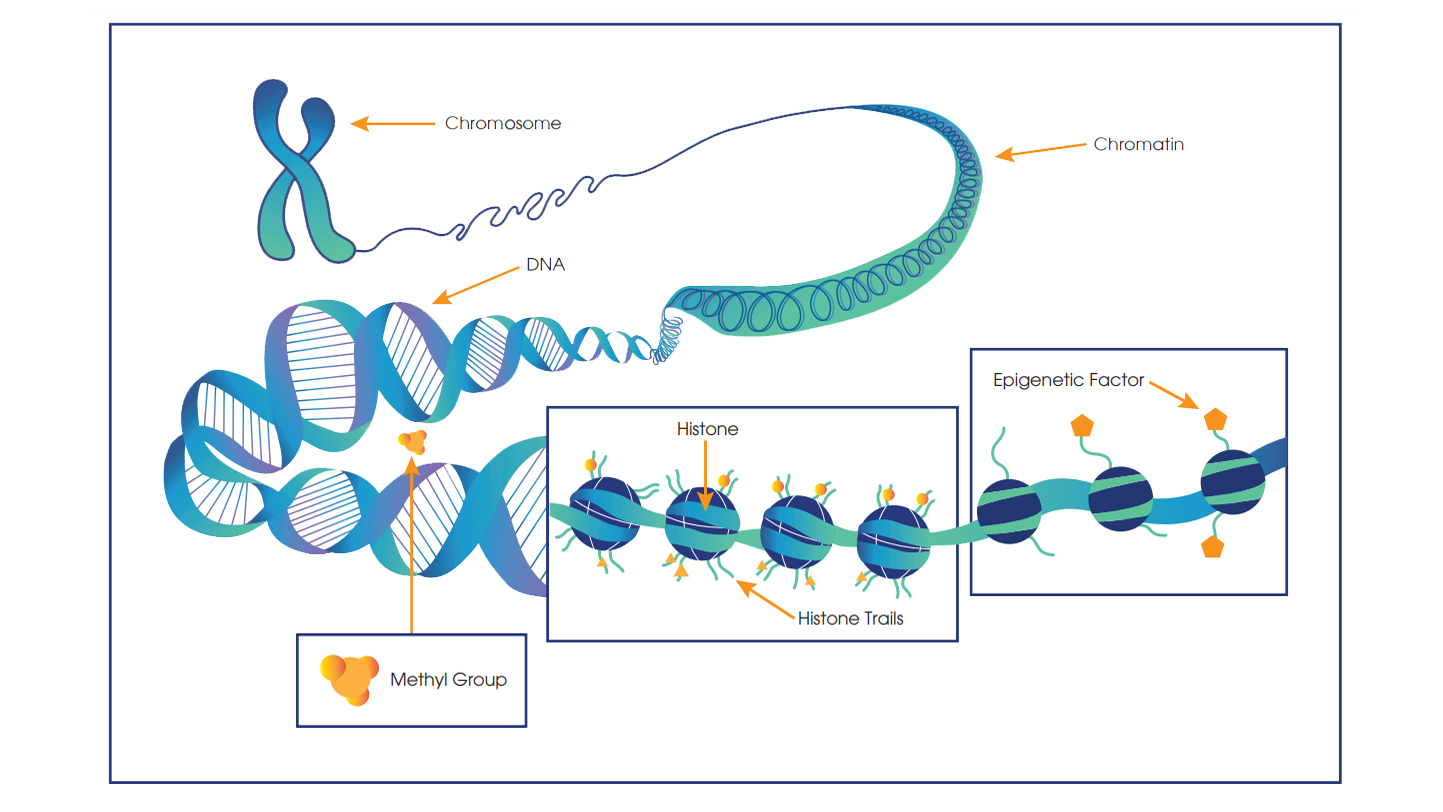
Decoding Life: Advancements in Epigenetics Research

Decoding Life: Advancements in Epigenetics Research
Epigenetics research stands at the forefront of understanding the intricate mechanisms that govern our genetic makeup. As scientists delve deeper into this field, remarkable discoveries are unfolding, unraveling the complex interplay between genes and the environment. This article explores the recent advancements in epigenetics research, shedding light on its profound implications for medicine and our understanding of life.
The Essence of Epigenetics: Beyond Genetic Code
Epigenetics goes beyond the traditional understanding of genetics, focusing on changes in gene expression that don’t alter the underlying DNA sequence. It explores how external factors, lifestyle, and environmental influences can modify the activity of genes, impacting health and disease. This shift in perspective has broadened our comprehension of the factors shaping our biological destiny.
Epigenetic Mechanisms: The Orchestra of Genetic Expression
At the core of epigenetics are intricate molecular mechanisms that orchestrate genetic expression. DNA methylation, histone modification, and non-coding RNA molecules play pivotal roles in regulating when and how genes are activated. Understanding these mechanisms provides a roadmap for deciphering the language of our genes and their responsiveness to various stimuli.
Implications for Medicine: Personalized Treatment Strategies
The insights gained from epigenetics research hold immense promise for

